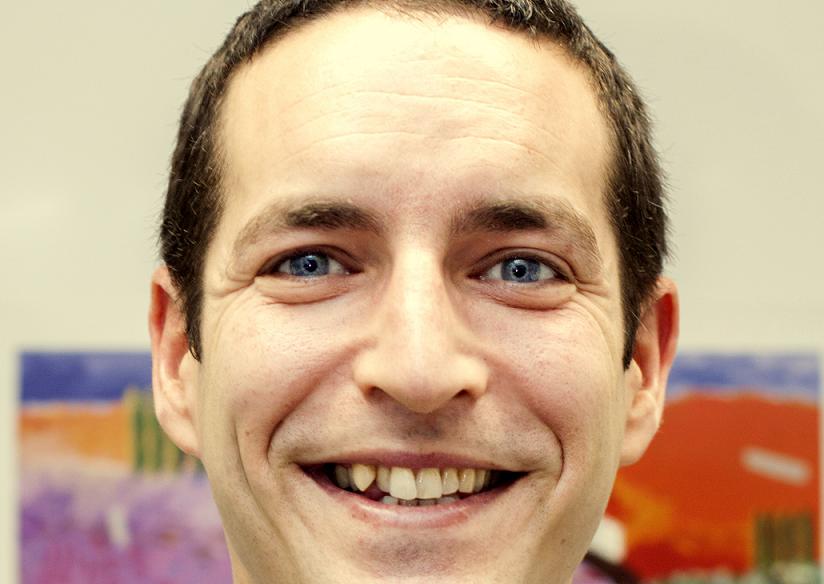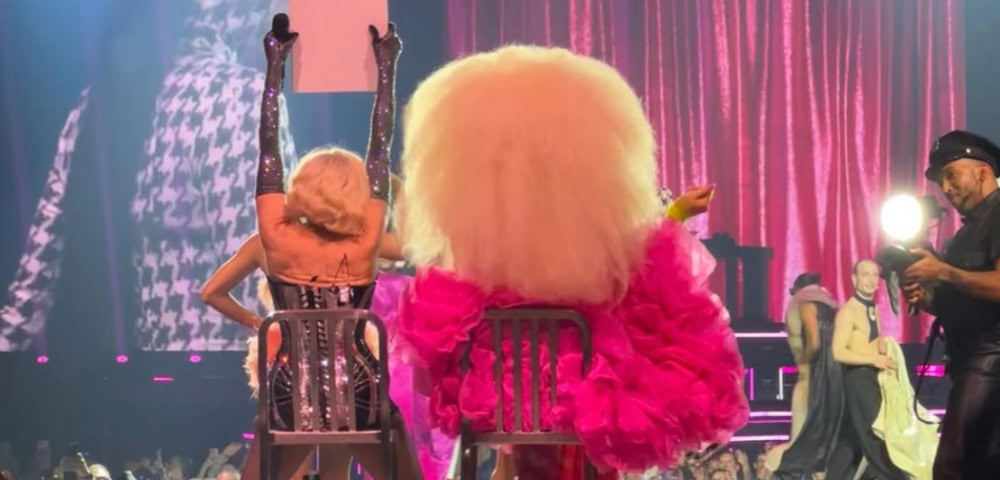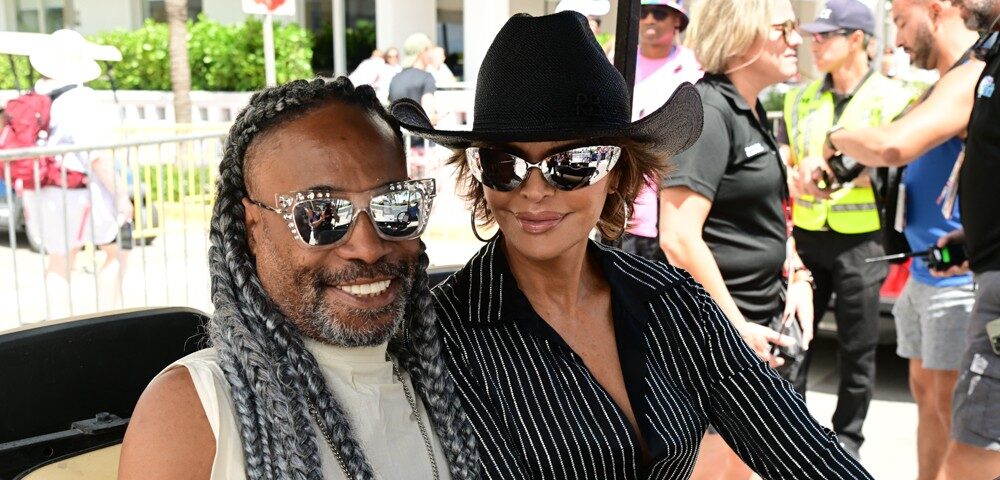
Talking like a “poof”

WITH an upcoming documentary on “gay voice” sparking community interest in the how we use language, the Star Observer spoke to a linguist to find out what we know about language, sexuality, how we speak and how people think we speak.
Erez Levon is a senior lecturer in linguistics at Queen Mary University of London who specialises in research on how we use language to construct our identities, and how others perceive our identities through the language we use.
Levon told the Star Observer linguists have been looking at language and sexuality for a long time.
“The earliest work emerged in the around the middle of the 20th century, with the publication of various dictionaries of gay slang. These would normally be just lists of words presumably used by gay men in bars and other kinds of social venues,” he said.
Even in the 1970s, Levon argued there was a backlash against the idea that “gay men” was a uniform category of people who all spoke the same way. He said throughout the history of the research area, there has been a temptation by researchers and by the broader public to take a “deterministic” view of language and sexuality. In other words, the idea that because a gay man speaks in a certain way, that way of speaking is inherently gay.
Levon said this grew out of the way language and sexuality was studied for most of the 20th century — researchers approached it as though they were documenting a minority language.
However, this changed in the mid-90s as academic work in gender studies started to influence the way linguists thought about language and sexuality. The current framework for thinking about “gay speech” is much more complex than it had been in the early days.
Levon said most researchers in the area would say there are certain ways of speaking that we associate culturally with gay identities — for example, the “gay lisp”, higher-pitched voices, or using words like “fabulous” — but he argued there was a vital distinction between this position and older ones.
“Current thinking doesn’t assume that these linguistic features are part of a ‘gay speech style’ per se; rather that they are features that exist in society and that anyone can use if/when they choose to do so,” Levon explained, arguing we associate different features in our own speech and others’ as indicative of personality traits, or features of a person’s attitude in a given interaction.
He said over time these ways of speaking become associated with particular social identity categories, like the stereotypical “gayness”.
“So if I’m in a context where I want to ‘sound gay’ or come across as gay, I can use the various linguistic features that I know are stereotypically linked to gayness to do this,” Levon said.
“It could also mean, though, that in certain contexts I just want to sound affected or emotional, and so I was use those same features. In this way, constructing a ‘gay’ identity or persona doesn’t need to be my goal, despite the fact that my using certain linguistic features could cause me to sound gay.”
Levon said much of the current research in linguistics on language and sexuality focused on often-minute features of speech and how they can be perceived to be linked to sexual identities, both by speakers and by listeners.
In experiments, Levon has played slightly-varying recordings of speech — for example, at different pitches — and asked listeners how “gay” they think the speaker sounds. The goal is to find out what listeners think is “gay speech”, and why those associations are there.
On the other side of the coin, researchers have looked at how gay men, for example, speak in different contexts. Rather than experiments, much of this work involves linguists spending time in gay communities to find out what people think about sexuality and how they present it in different parts of their lives.
“This work is based on the idea that none of use speaks in the same way all the time. Instead, we change how we present ourselves depending on the situation we’re in, the people we’re talking to, our mood at that moment, etcetera,” Levon explained.
He acknowledged there is sometimes a backlash against this kind of research by people both inside and outside gay communities who see it as defining a singular, “essential” way gay men speak or behave. But Levon argued most current linguistic research on language and sexuality was more interested in understanding the ways people’s use of language changes in different contexts.
That said, Levon argued understanding how stereotypes operate is important. Even if there is no monolithic “gay speech”, the perception that there is a “gay” way of speaking is very much real, and the better we understand that, the more we can understand how we use speech to create our own gay identities.









